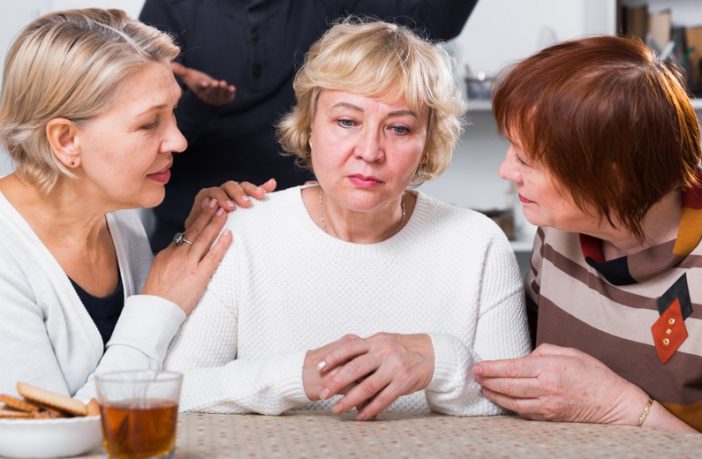Amid recent battles for equal pay by BBC women and ahead of next month’s centenary celebrations of women being given the vote in the UK, it might be a surprise to learn that equality is not always welcome between the sexes.
The law has changed to create equality of state pension age for men and women, but the impact on some women – those born in the early 1950s and, despite changing times, still more likely than men to be in low-paid or unpaid work because of caring roles in the family – has sent alarm bells ringing and protests.
Jonquil Lowe, Senior Lecturer of Economics and Personal Finance at the OU, explores and explains the issues, which give rise to argument about fairness and generalities.
Jonquil was part of a debate on the topic on BBC Three Counties Radio recently too. She says:
“The decision to raise women’s state pension age (from 60) to equalise it with that of men (to 65) was announced in 1993, originally to be phased in between 2010 and 2020. Subsequently (announced in 2010), the increase was accelerated, affecting women born between April and December 1953, in order to bring forward a rise in state pension age for both men and women to 66 starting in December 2018.
WASPI (Women Against State Pension Inequality) was formed, by women born in the 1950s, in 2015 when many first became aware that rather than starting their state pension at age 60 they would have to wait longer, some until age 66.
“The reasons for raising state pension age are threefold. Firstly, people are living longer. A woman aged 60 in 1980 would on average live to age 82, spending roughly a third of her life with a pension. By 2017, the average 60-year old woman would survive to age 89, representing 40% of her adult life. Equalising the state pension age at 65 would restore this proportion to roughly one-third.
“Secondly, the Baby Boom generation (born between the mid-1940s and mid-1960s) are reaching retirement, swelling the number of pensioners. Both these factors push up the amount the government spends on state pensions – now accounting for around £1 for every £8 of public spending. This makes cutting back pensions an obvious target for governments still seeking austerity cuts in the aftermath of the 2008 Global Financial Crisis.”
Tricky concept of fairness
“With so much notice of the increases to state pension age, why are the WASPI women so surprised and angry? Although the government published leaflets and displayed posters in benefit offices from 1995 onwards, it started to send out letters to the women affected only in 2009, one year before the changes began. Many of the five million affected women say they never received these letters. With the acceleration of the increase, a programme of sending individual letters was completed in 2013, giving some women only five years’ notice of the change.
“The WASPI women’s plight highlights how tricky the concept of “fairness” is. As people live longer, it surely seems fair between the generations that pension age rises to maintain a roughly constant proportion of adult life spent in retirement.”
No-one is average
“The gendered state pension ages were part of the original state system started in 1948, reflecting the fact that most women then stopped work on marriage and became financially dependent on their husbands. As times have changed and, since women on average live longer than men, it could be argued that maintaining the difference in pension ages for so long has been unfair to men.
“However, despite the phasing in periods, the brunt of the changes is inevitably borne by some groups and not others. And, however equitable the changes seem when looking at averages, in reality no-one is average.
“For women in enjoyable, well-paid jobs, waiting longer for their state pension means they also have longer to accumulate private pensions, helping them build up a comfortable retirement income despite living longer. But many women are unpaid or on low incomes because they are caring for frail adults, in low-paid, dull or demanding jobs now because of caring for children in the past, ill or unemployed. For them, waiting longer for their state pension and the chance to retire seems anything but fair.”



